On June 18, 2020, Northern Development announced funding for 11 positions through the Regional Business Liaison program. This program encourages Community Futures Development Corporations, Chambers of Commerce, local governments, community economic development entities, or regional destination marketing organizations to hire local talent to provide business support services for the region.
Continue reading for a Q+A about this program with Regional Business Liaisons, Erik Sagmoen (Regional District of Bulkley-Nechako) and Youness Bourhim (Fort Nelson & District Chamber of Commerce).
Photos: Submitted
Question: Where are you currently based and what area are you serving in your current role?
ES: My name is Erik Sagmoen and I’m based in Burns Lake at the Regional District of Bulkley-Nechako. I’m serving the District’s area from Smithers to Vanderhoof with a stronger focus on the eastern side.
YB: My name is Youness Bourhim, I am currently the regional business liaison for the Fort Nelson and District Chamber of Commerce, representing the Northern Rockies Regional Municipality.
Q: As a Regional Business Liaison, what type of work do you do day-to-day?
ES: I meet with small business owners and non-profit directors to see how I can help them navigate COVID-19 and find funding and business advice. I stay up-to-date on all the resources that are available.
YB: Currently we are asking businesses a series of phone questions to diagnose their current economic state, to build relationships, and direct them to government grant programs or any other support.
Q: What are you hoping to achieve during your 12-month contract as a Regional Business Liaison?
ES: I hope that many of the businesses and non-profits I provide support to come out of COVID-19 stronger than they were before.
YB: From my first diagnosis of the businesses state in the region, I noticed that the support needs of businesses differ from one area to another. My goal is to act as a support for all businesses that are affected by COVID-19. I want to support any business that needs help in the Northern Rockies region. I use my 10 years of experience in the business development sector to support them during and after COVID-19.
Q: What unique challenges are businesses in your region facing?
ES: Many businesses in my area are having trouble finding and keeping employees. This was an issue before COVID-19.
YB: Even before COVID-19 there were many challenges for businesses. Business in the region already faced economic hardship due to a loss of the forest industry and decline in the natural gas industry. COVID-19 only made this worse and as in other parts of the province, tourism was drastically impacted. In addition we face unique challenges as a rural, remote community.
Q: Have you noticed any particular strengths that the business community demonstrated pre-COVID-19 that are serving entrepreneurs well now?
ES: The community has always been very supportive of local people which is a big strength that has been serving businesses very well through COVID-19.
YB: Well, I’m new to the Chamber of Commerce and to the Region as well, but the first thing I noticed since I’ve started working is that the Chamber and Local Government have been working together closely for a long time in terms of finding solutions for local businesses. The biggest strength in the local business community is their dedication & resiliency. Working together to find solutions.
Q: What can businesses expect if they meet with you?
ES: An in-depth interview followed by referrals and recommendations to the appropriate resources for them.
YB: I am here to listen actively to all businesses owners in order to understand their needs and their challenges and then help them better to solve their problems.
Q: What kind of feedback are you receiving from the businesses you work with? Are there any resources that many people are finding particularly helpful?
ES: Many businesses I work with are doing well because of community support and CEBA/RRRF. But some small businesses that were hit hard by COVID-19 don’t meet the minimum eligibility criteria (e.g., revenue, employees, etc) for some programs and that is frustrating for all of us!
YB: Businesses during this time need support to understand and access government and provincial subsidies and keep up with the changes to the various programs. People have really appreciated the contact, knowing someone is trying to help and that we will do all we can to support them.
Q: What are some successes you are seeing in the way businesses are adapting to the times?
ES: I’ve seen a lot of businesses have success going online. As a small step into the online world, maintaining a Facebook page can go a long way.
YB: I think that companies know that it is necessary to be flexible to adapt to this new generation which is based on technology and on an online presence. We are seeing some innovative ideas and admire the creativity and strength of local business.
Q: What is the most rewarding aspect of the work you do?
ES: It’s been very rewarding to travel the region and see the interesting work that people do. Whether that’s running a gym, operating a ski hill or launching an equine therapy program.
YB: I enjoy helping others and sharing my skills, so the most rewarding aspect for me is be turning a business problem into a solution.
Q: Do you have any suggestions for new and/or established businesses?
ES: For new and established businesses alike, keep in touch with your customers and make sure your employees feel safe in the workplace.
YB: I suggest for all new businesses to work hand-to-hand with all local stakeholders, this will help them grow together and build not only their business but also the economy of their communities.




